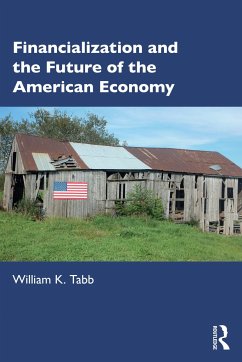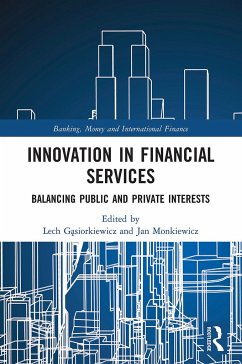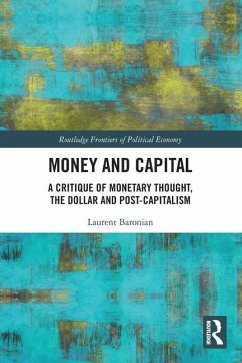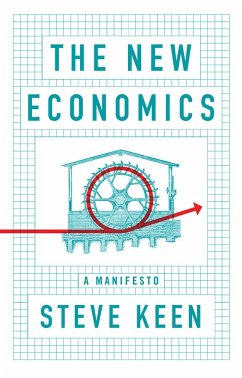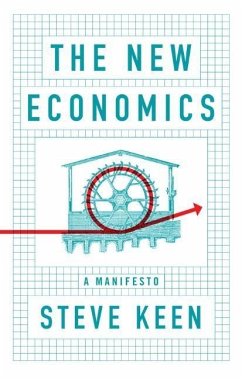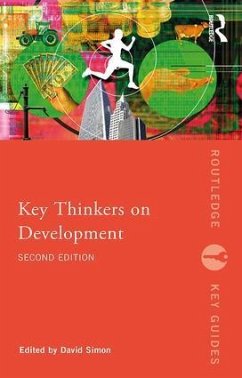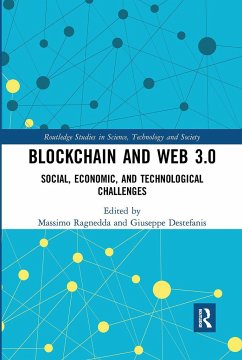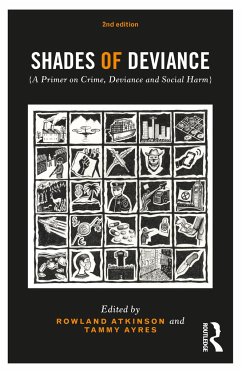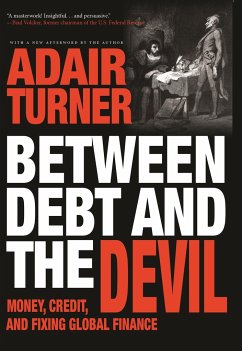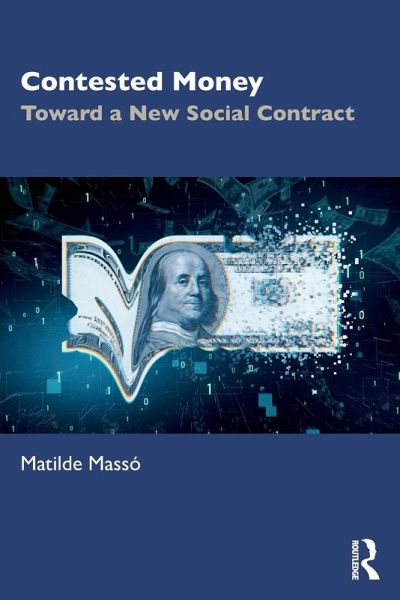
Contested Money
Toward a New Social Contract
Versandkostenfrei!
Versandfertig in 6-10 Tagen
43,99 €
inkl. MwSt.
Weitere Ausgaben:

PAYBACK Punkte
22 °P sammeln!
Discussing money is always accompanied by controversy as well as enchantment. Debating what money is and how it performs its main functions in the contemporary economy is fundamental to understanding the social consequences of money transformation associated with the digital revolution. This book explores the links between the current and prospective properties of money, its production, and its relationship to the concepts of value, the common good, and innovation.Contested Money opens a debate on the role that money could play in a different paradigm based on a renewed conception of monetary ...
Discussing money is always accompanied by controversy as well as enchantment. Debating what money is and how it performs its main functions in the contemporary economy is fundamental to understanding the social consequences of money transformation associated with the digital revolution. This book explores the links between the current and prospective properties of money, its production, and its relationship to the concepts of value, the common good, and innovation.
Contested Money opens a debate on the role that money could play in a different paradigm based on a renewed conception of monetary properties and functions that are capable of having a positive impact on social and individual welfare. Massó outlines the fundamentals of this monetary model, which would operate as a parallel currency, where the processes of monetary and value creation are connected in a new deal between the citizen and the state, grounded on an approach of reciprocal rights and responsibilities.
This book will appeal to scholars, students, and, more broadly, readers interested in a contemporary understanding of what money is, how it is being transformed, and the role that it can play in redefining the twenty-first-century social contract.
Contested Money opens a debate on the role that money could play in a different paradigm based on a renewed conception of monetary properties and functions that are capable of having a positive impact on social and individual welfare. Massó outlines the fundamentals of this monetary model, which would operate as a parallel currency, where the processes of monetary and value creation are connected in a new deal between the citizen and the state, grounded on an approach of reciprocal rights and responsibilities.
This book will appeal to scholars, students, and, more broadly, readers interested in a contemporary understanding of what money is, how it is being transformed, and the role that it can play in redefining the twenty-first-century social contract.





